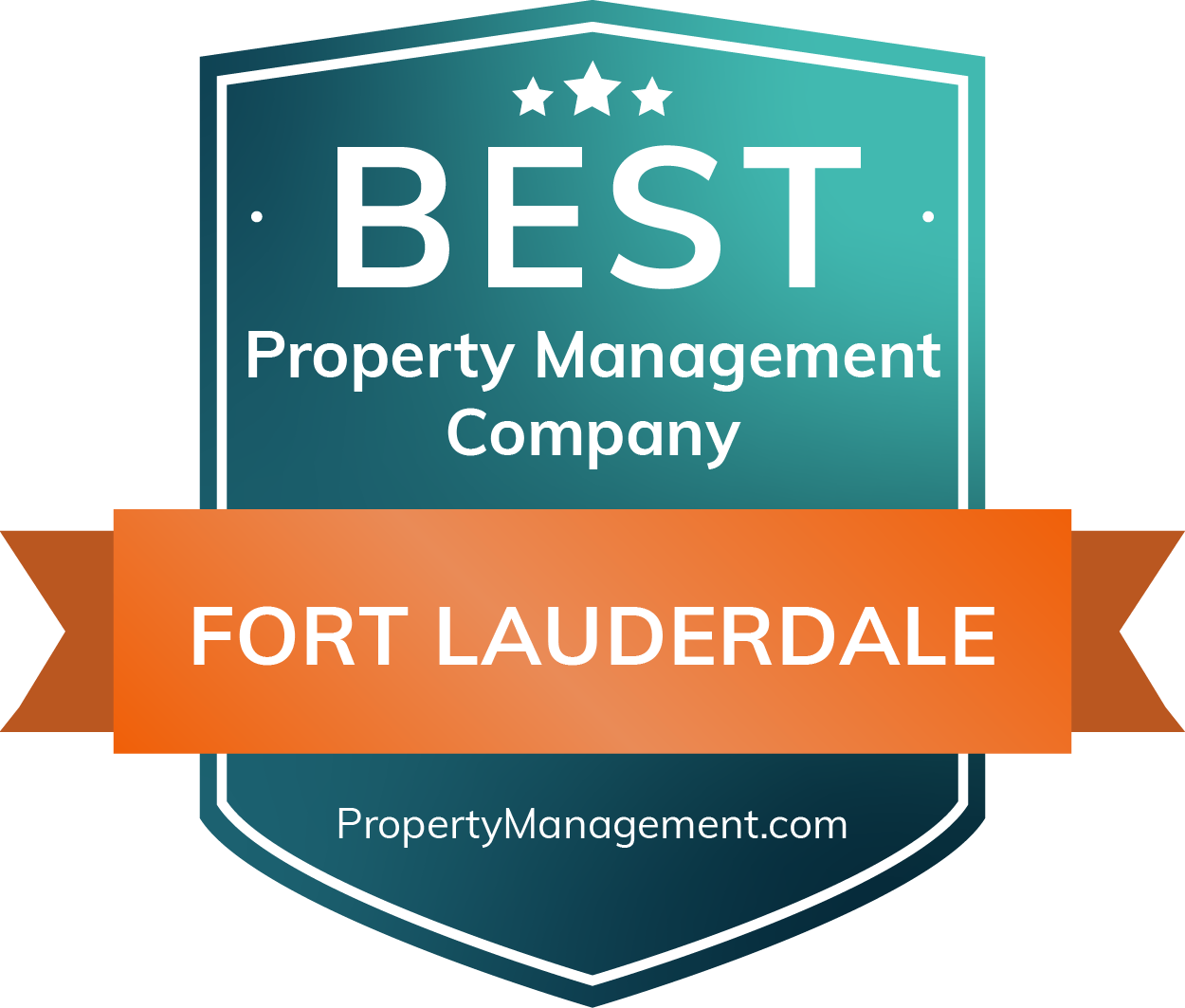Is it worth it to buy investment property in Florida? Of course, it is!
There are so many long-term benefits of property investing. And it's less risky than other investment options.
Plus, it's surprisingly easy to get into. For the most part, all you need is some startup money and this guide.
Below, we explain step-by-step how to buy investment property so that you can get started.
1. Prepare Yourself
First, decide whether property investment is right for you. Primarily, understand that it's not as foolproof as you may have been led to believe.
The biggest risk involved is that your success as a landlord depends largely on your tenants. A tenant that seems legit during the screening process might:
- Move out earlier than you thought
- Fail to pay on time or at all
- Need to be evicted due to one or more indiscretions
There are other forces beyond your control that might damage the property, too. These include natural disasters and drunk drivers.
Even if the law or your insurance protects you against these issues, it may be several months before you receive recompense. Consider this from the start, before you rely too heavily on your rental property returns.
2. Finance the Property
If you don't have the cash to buy a rental property, you'll need to get an agency loan (Fannie Mae or Freddie Mac). Specific requirements for approval may depend on your location.
Generally, though, you'll need a large downpayment—20%-25%—and a credit rating of 720 or higher. You might be allowed to get a separate loan, such as a personal loan, to use as your downpayment.
Remember, too, that interest rates are higher for investment properties than for a traditional mortgage. Make sure your payments are something you can afford, whether or not you have any tenants.
3. Consider Maintenance Costs
Determine which landlord costs you're responsible for and add them up. Don't forget to set aside an emergency fund for the unexpected scenarios we mentioned previously.
4. Choose a Location
Avoid investing in declining neighborhoods. Make sure the property is in a desirable location where property values (and rent) are likely to increase.
5. Get Insurance
The more protected you are, the better. Get both homeowner's insurance and landlord insurance.
6. Get Property Management
Lastly, don't fall behind in property maintenance and other landlord duties for lack of help. A professional property management company can help you avoid costly repairs and obtain quality tenants.
Use These Methods to Buy Investment Property
With these tips, you're now ready to buy investment property in Florida. Get started right away. But first, bookmark this page for reference.
Also, remember that buying an investment property is often easier than maintaining it. That's especially true if you have several rental properties to keep track of.
As a top-rated property management company in Florida, we can help with that. We strive to make your property investing easier to manage and more profitable. Contact HomeRiver Group now to get the help you need.













